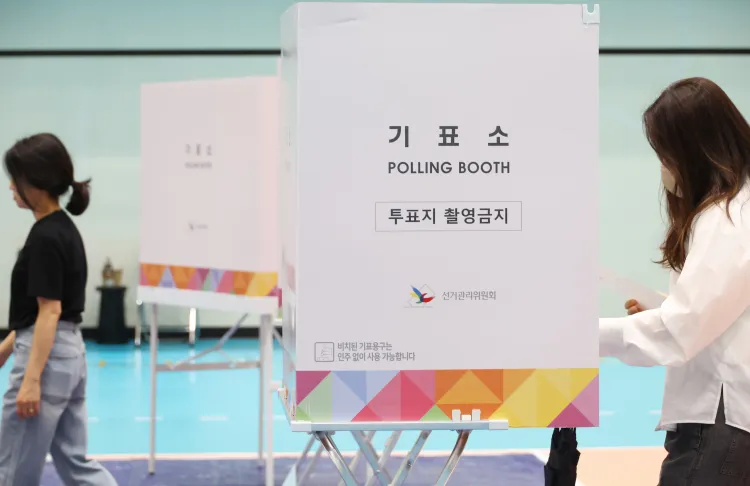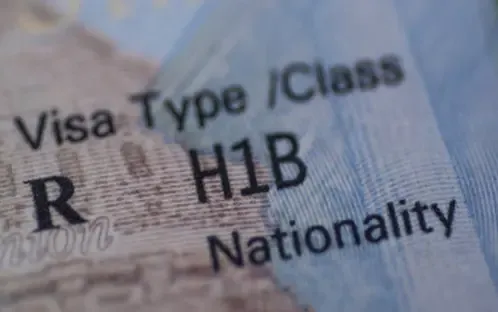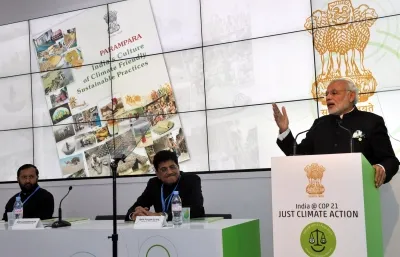Did Voter Turnout Exceed 70% in South Korea's Presidential Election?

Synopsis
Key Takeaways
- Voter turnout exceeds 70% in a significant election.
- Election occurs amid political and economic crises.
- Both candidates prioritize economic growth and AI development.
- Constitutional amendments are proposed by both candidates.
- Early voting saw over 34% participation.
Seoul, June 3 (NationPress) Voter turnout for South Korea's presidential election has exceeded the 70% threshold, just 10 hours after voting commenced earlier on Tuesday, as reported by the election oversight body. Out of the 44.39 million eligible voters nationwide, 31.73 million, or 71.5%, had exercised their right to vote by 4 p.m. local time, according to the National Election Commission (NEC). Voting started at 6 a.m. across 14,295 polling stations and will continue until 8 p.m..
The preliminary count includes votes from early voting, as well as ballots from overseas, shipboard, and absentee voters, as reported by Yonhap news agency.
This turnout marks the highest recorded at this time of day in any presidential election.
Over 15.42 million, or 34.74% of registered voters, participated in the early voting held on Thursday and Friday.
This election is taking place exactly six months after Yoon announced martial law in a surprising move that rekindled memories of past military rule and plunged the nation into its worst economic and political turmoil in decades.
The nation is poised to elect a new president, with a liberal candidate determined to hold accountable the forces behind former President Yoon Suk Yeol's martial law attempt and a conservative candidate intent on curbing the reckless actions of his opponent.
Both candidates, Lee and Kim, have prioritized economic growth, particularly focusing on fostering the artificial intelligence sector.
They both agree on the necessity to amend the Constitution to change the current single five-year presidential term to a two-term system of four years each.
Kim has committed to shortening his own term to three years to synchronize the president's term with that of National Assembly members starting in 2028.
In contrast, Lee advocates for a referendum on constitutional amendments to take effect starting in 2030.










